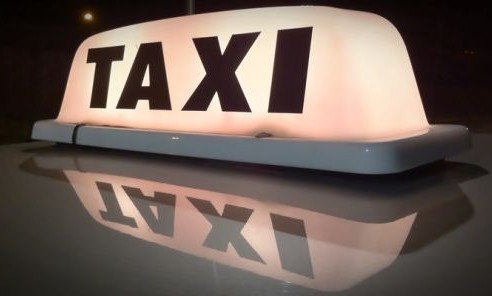A north-east taxi union boss has said he doesn’t believe Aberdeen drivers would back another fare hike.
Plans have emerged which, if approved, would mean passengers facing a 7% increase in charges, just months after a 5% increase was introduced.
That was the first fare increase in seven years, but together they would represent a jump of 12% in two years.
Papers presented to next Tuesday’s licencing committee suggest the fresh increase be implemented from next January.
It is one of two options to be presented to councillors amidst concerns driver are facing increasing costs.
The other option is that fares are not raised.
Once an option is chosen, consultation will then begin with city drivers and operators.
Using the special formula to calculate cost changes for drivers, a report to councillors said that city drivers are now paying around 21% more to work in the trade compared with last year.
Based on a rise in inflation, fuel, servicing and replacement parts, the council calculates it now costs £4,633 to keep a taxi on the road in 2019, against £3,810 in 2018.
Currently passengers are charged £2.40 for the first 950 yards and then 20p for every additional 180.5 yards.
Under the new pricing structure, this would be changed to £2.60 for the first 940 yards, with 20p then charged for every 160 yards travelled.
The city’s taxi trade has faced numerous challenges in recent years, notably the downturn in the oil and gas industry, which has led to a fall in passengers.
But Peter Campbell, a driver for 18 years and the shop steward for Aberdeen taxi drivers in the Unite Union, said that despite the difficulties he didn’t think city cabbies would back the change.
He said: “It might sound strange, and I would have to speak to all the members properly, but my personal opinion is that most drivers would want to keep the status quo.
“I think we recognise that things have been tough in the city and don’t think the public would accept paying more.
“There is a perception already, wrongly when you look at other cities, that the fares are high here anyway.
“In a way recently it has been a perfect storm. There are fewer passengers but also more drivers, with some guys getting redundancy packages from offshore jobs and joining the trade.”
The report to council adds that any decision made following the consultation can be appealed.
